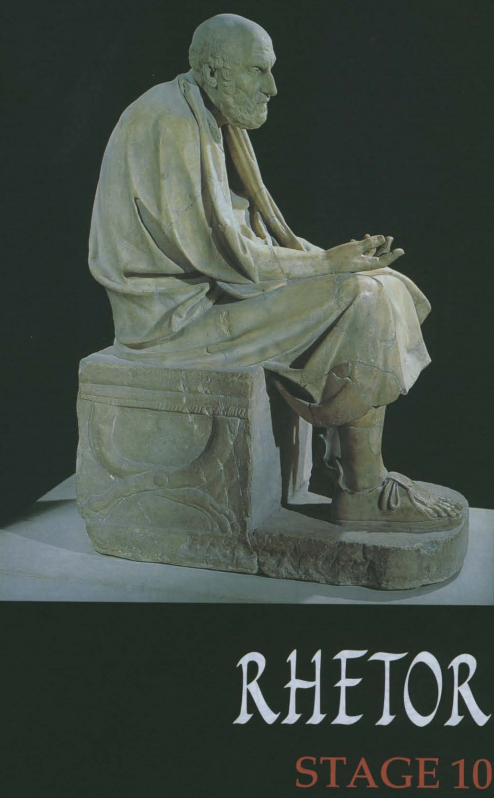

The Introduction situates Juvenal within the wider tradition of Roman satire, interrogates afresh the poem's architecture and recurrent themes, shows how Juvenal systematically attributes to his monstrous women the inverse of the Roman wife's canonical virtues, traces the various literary currents which infuse the Satire, and lastly addresses the much-discussed issue of the poetic voice or persona from a sociohistorical as well as a theoretical perspective. Kerr Item Preview remove-circle Share or Embed This Item. Vocabulary games Vocab tester The Perfect Tense The Colosseum Learn Italian (Copy) So You Really Want to Learn Latin Stage 8 Gladiatores Chariot Racing Castel Church co curric day. Rendall based on the unfinished version by W.C.A. Translate 'Felix et Fur' Felix et Fur Cartoon. Juvenal's sixth Satire is a masterpiece of comic hyperbole, an outrageous rant against women and marriage which, in its breadth and density, represents the high point of the misogynistic literature of classical antiquity. Minucius Felix with an English translation by Gerald H. Automatically generated examples in Latin: Bella gerant alii, tu felix Austria nube. Examples translated by humans: felix, licinio, imperatore, sono bello, imperatori, usa fortunato.

The volume is suitable for undergraduates, graduate students, teachers and scholars. Contextual translation of 'imperator felix' from Latin into Italian. Product Purchase options The Living Bible Tutone Brown/Tan (Imitation Leather) Retail price: £31.
#Camebridge latin felix trainslation full
A new text is then accompanied by a full commentary, covering literary and historical aspects and offering help with translation. the love affair that rocked Roman poetry From first date, through intense passion, to break-up, the whole relationship is laid bare by Catullus in 25 lyrical poems. The Cambridge Latin Course (CLC) is a series of textbooks published by Cambridge University Press, used to teach Latin to secondary school students. It also explores the place of the book in the Histories' overall structure, and pays particular attention to Herodotus' treatment of impiety. In Herodotus' time, Marathon was already reaching almost legendary status, commemorated in epigrams and monuments, and in this edition a substantial introduction discusses Herodotus' relation to these other memorials. Book VI of the Histories is one of Herodotus' most varied books, beginning with the final collapse of the Ionian Revolt and moving on to the Athenian triumph at Marathon (490 BC) it also includes fascinating material on Sparta, full of court intrigue and culminating in Kleomenes' grisly death, and there is comedy too, with Alkmeon's cramming clothes, boots, and even cheeks with gold dust, then Hippokleides 'dancing away his marriage'.


 0 kommentar(er)
0 kommentar(er)
